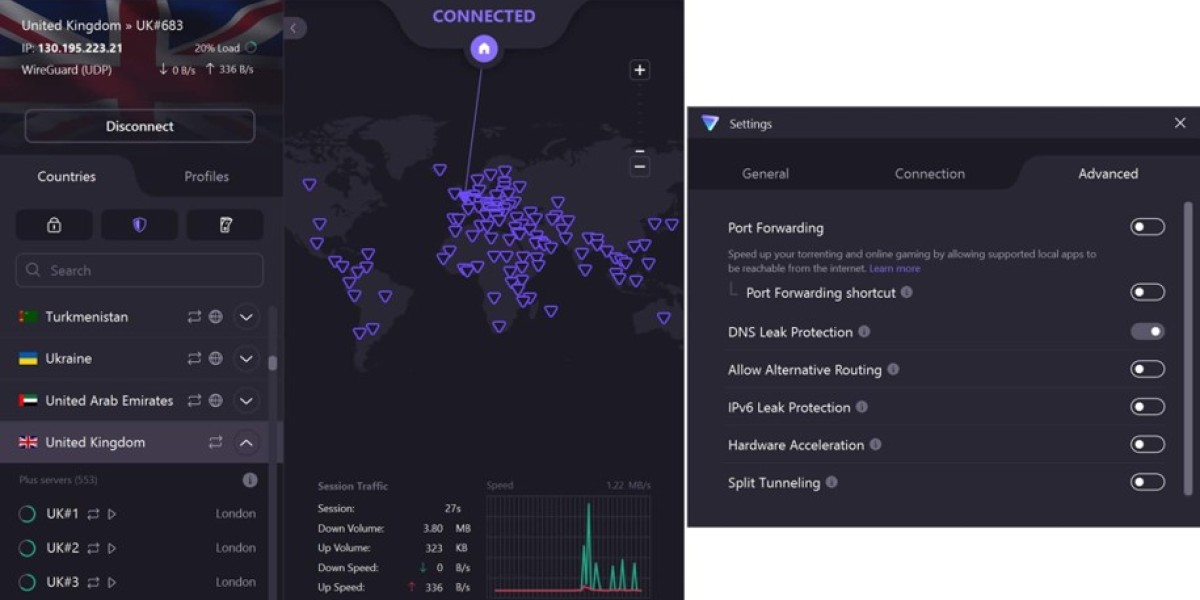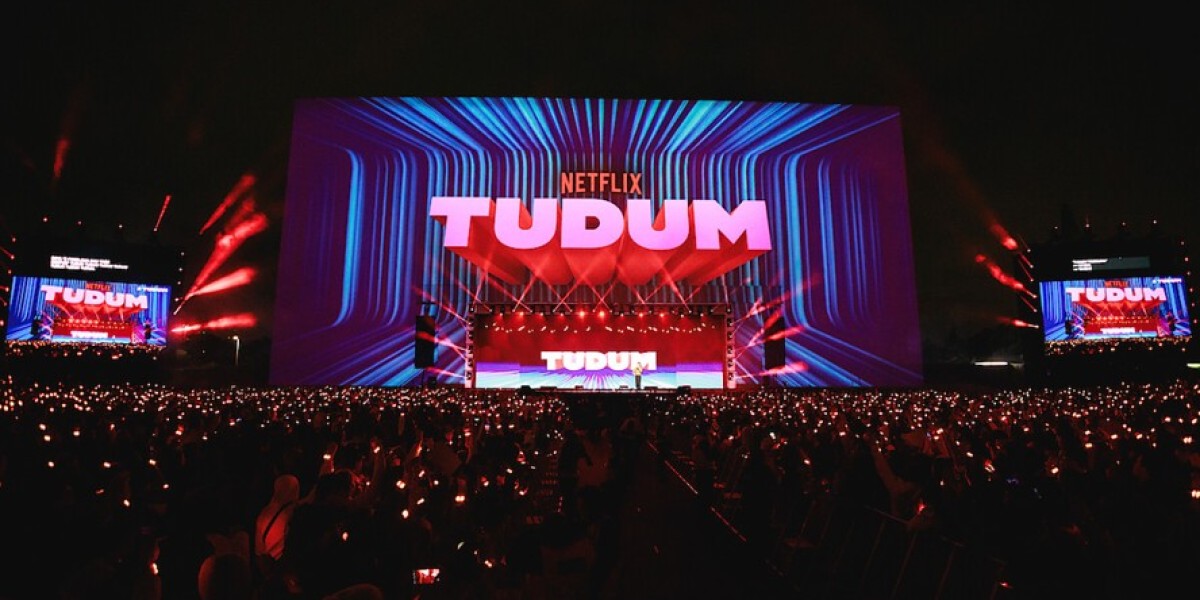Security Systems: Safeguarding Assets in the Digital Age
Security systems Market encompass a broad array of technologies and devices designed to protect physical spaces, digital infrastructure, and human life from threats such as theft, intrusion, fire, and unauthorized access. From homes and offices to industrial facilities and urban infrastructures, modern security systems integrate smart sensors, surveillance technologies, and real-time monitoring to ensure comprehensive protection.
As both physical and cyber threats evolve, the demand for advanced, interconnected security systems continues to surge globally.
Key Components of a Security System
Surveillance Cameras (CCTV/IP)
Capture and transmit real-time or recorded footage.
Can include features like motion detection, night vision, and AI-based analytics.
Access Control Systems
Manage and restrict entry using biometrics, RFID cards, PINs, or mobile credentials.
Intrusion Detection
Includes motion detectors, glass-break sensors, and door/window sensors to detect unauthorized entry.
Alarm Systems
Trigger audible and/or silent alerts during security breaches, often linked to emergency services.
Fire and Smoke Detectors
Essential for early fire warnings, especially in residential and industrial setups.
Monitoring and Control Panels
Centralized hubs that process data from all devices and allow manual or automated control.
Cybersecurity Layer
Protects digital infrastructure, especially for connected IoT devices in smart security systems.
Types of Security Systems
Home Security Systems
Smart cameras, video doorbells, and motion sensors for residential use.Commercial Security Systems
Enterprise-grade systems with centralized monitoring, scalable access control, and integration with business operations.Industrial/Facility Security
Includes perimeter security, remote monitoring, hazardous zone detection, and real-time alerts.Public Safety Systems
Deployed in smart cities, stadiums, and airports to enhance mass surveillance and threat prevention.
Technological Advancements
AI and Machine Learning: Enhances facial recognition, behavior analysis, and predictive threat detection.
Cloud Storage and Remote Monitoring: Allows users to access footage and system data from anywhere.
5G and Edge Computing: Boosts speed and reduces latency in real-time surveillance.
Integration with Smart Home Devices: Security systems now connect with voice assistants, lighting, and automation platforms.
Drone and Robotics Surveillance: Adds mobile monitoring in inaccessible or large areas.
Benefits
Real-Time Threat Detection and Response
Deter Crime and Improve Safety
Remote Control and Monitoring Capabilities
Data Logging and Evidence Recording
Scalable Protection for Different Environments
Challenges
Privacy Concerns and Data Security
High Initial Installation Costs (for large systems)
Integration with Legacy Systems
Complexity of Managing Multiple Devices
Market Outlook
The global security systems market is witnessing rapid growth, driven by rising urbanization, increasing crime rates, growing smart city initiatives, and heightened awareness of property and data protection. Key sectors fueling demand include residential, commercial, industrial, and government.
Get Related Reports:








